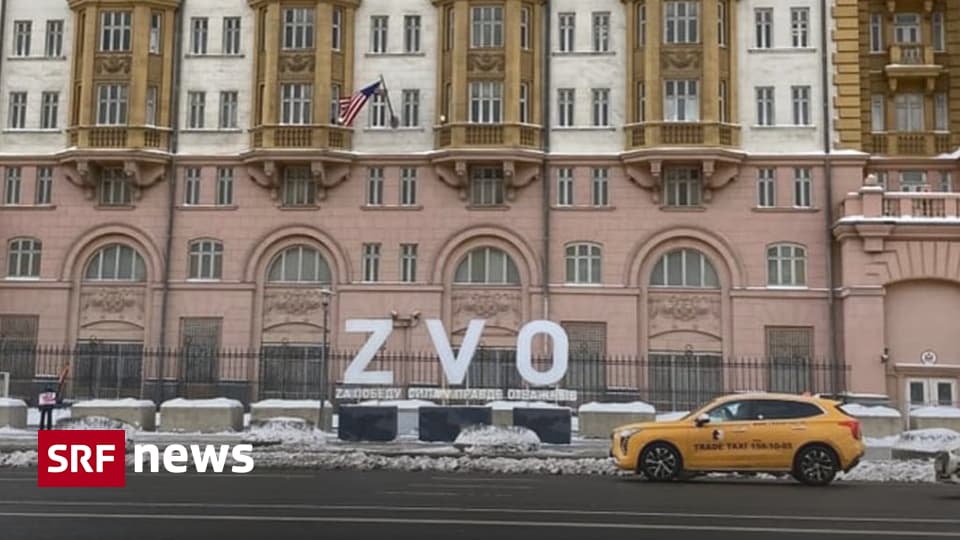
Many western branches have “information boards” in front. These explain Russia's view of the war.
Russia has placed billboards outside Western embassies in Moscow criticizing Western support for Ukraine in its war with Russia. Some of these have been hanging there for more than a year.
What exactly is written on these Russian “information boards”? For example, placards in front of the Swedish embassy claimed famous Swedes supported National Socialism, says Russia correspondent Calum McKenzie.
“Panels' Conclusion: 'We're Against Nazism, They're Not'.” It was transferred to the war in Ukraine: the last group was about Swedish volunteers who fought on the side of Ukraine. “Blood and iron for Ukrainian Nazism – made in Sweden,” it says.
What story do the boards convey? Placards in front of the Lithuanian embassy, for example, refer to the Nuremberg trials where leading Nazi figures were convicted after World War II. A plaque reads: “The trials are a clear warning to anyone who wants to start a new world war.” “Here you can see the Russian story,” says Callum McKenzie: “Western states like Lithuania are responsible for the current conflict, and Russia is defending itself. Of course National Socialism is said to be spreading in Ukraine, but so is the West.
Why do accusations of National Socialism keep coming out of Russia? World War II and the struggle against Nazi Germany have a special meaning in Russian culture that the Kremlin repeatedly abuses. “Furthermore, authorities in Russia have developed a unique definition of Nazism or fascism since the Soviet era,” McKenzie says. The plaques in front of the Swedish Embassy are about famous people from Sweden who are said to be Nazis, but the plaques are titled: “A Short History of Swedish Russophobia.” “Nazism is therefore defined as anti-Russian.”
Who is the propaganda aimed at: Western diplomatic staff or the Russian people? “On the one hand, foreign diplomats and their target countries of origin,” says McKenzie. “But the billboards are about reaching the Russian people.” Arguments are presented in Russian as to why Russia's war against Ukraine is justified and why every Russian should support the so-called special operation. Ultimately, the report says, it's about fighting Russophobic National Socialism again like World War II.
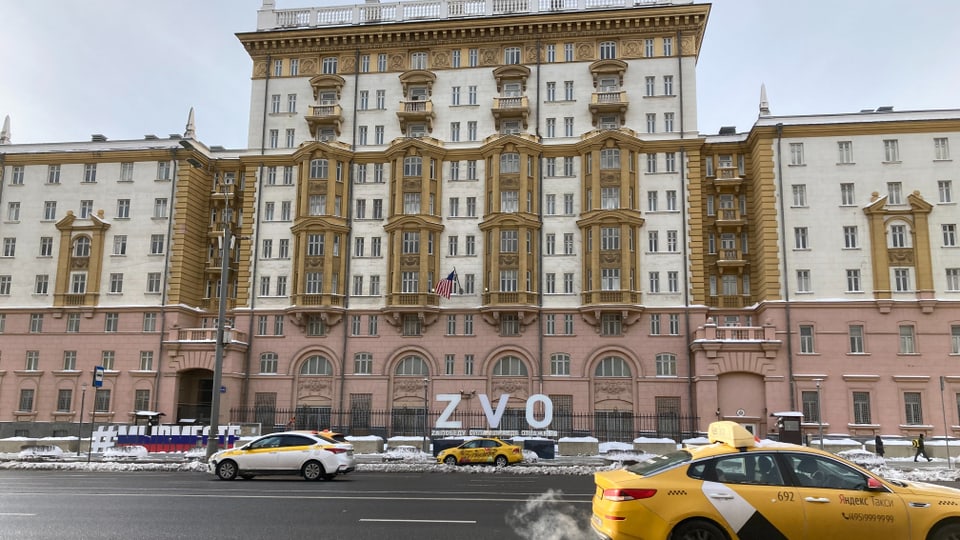
Purana:
Illuminated letters were also installed in front of the US embassy. The letters “ZVO” originally came from markings on Russian military vehicles at the start of the invasion.
SRF
How do people in Moscow react to these signs? “During my time in Moscow, no one noticed these plates,” says Russia's correspondent. Such boards are placed not only in front of embassies, but also, for example, in a popular pedestrian zone. No one sees her. But that doesn't mean people are against the war: “The majority are quiet, people prefer to ignore the war and try to get on with their lives without thinking about it.”

“Wannabe pop culture fanatic. Zombie advocate. Entrepreneur. Internet evangelist. Alcohol fanatic. Typical travel buff.”


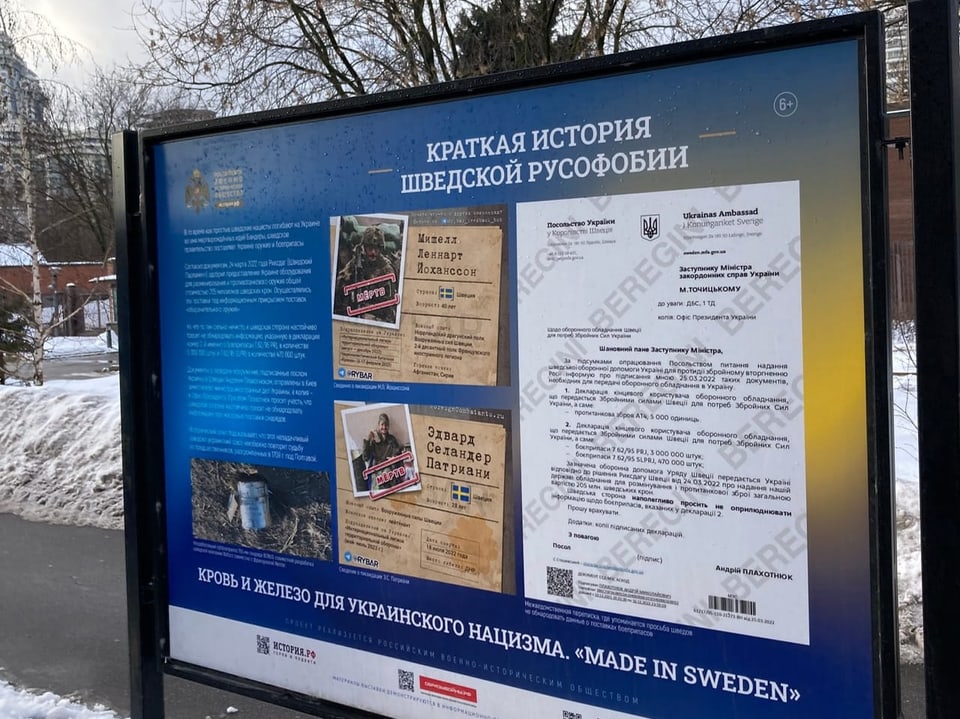
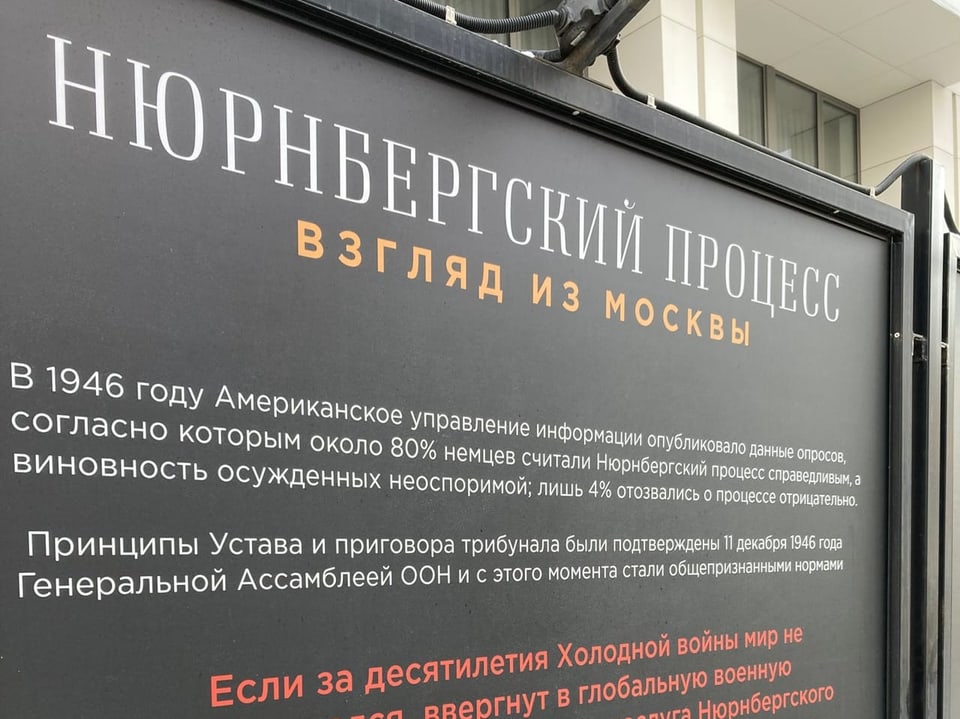
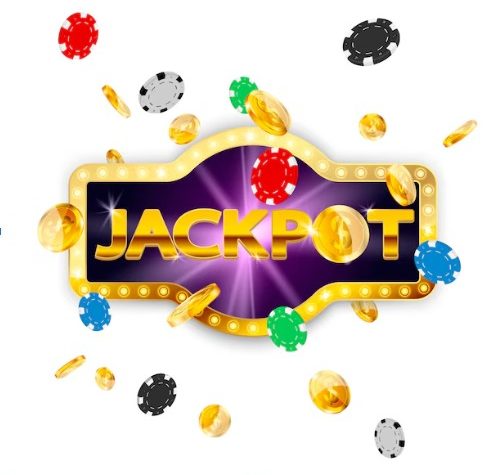


More Stories
User Insights on Using Slot Winner APK Effectively
Choosing the Right Quality Management Software for Your Industry
Astronauts will be stuck in the ISS for months